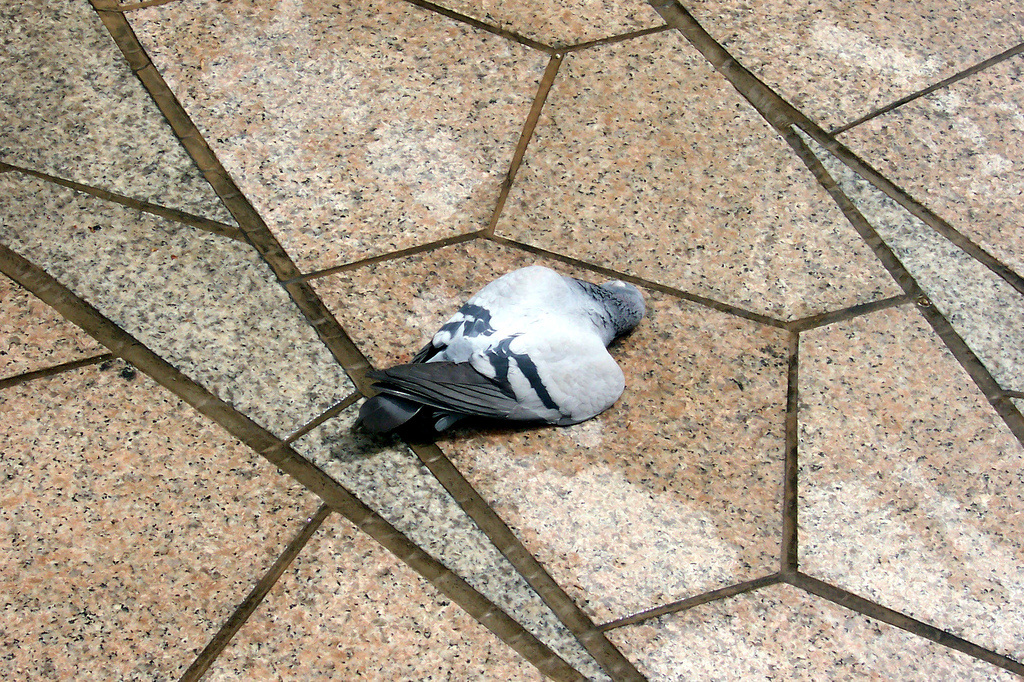| So far, it seems to be an apocalypse-free summer. We’ve had a few shark-bite stories to chew on. Some mosquitos in New York City and far-flung Nebraska apparently have West Nile virus. Birds have been dropping dead all over the Midwest from avian flu, leading to sharp increases in egg prices. But none of these has yet to become a full-blown media sensation. There are no measles outbreaks at Disneyland. No one has been forced to bring reason to the debate by comparing the 57,000 people who |
| | die annually from influenza and pneumonia — most far from the media spotlight — to the small numbers who have died from the latest national fixation. And, thankfully, no true pandemic has engulfed the nation. That doesn’t mean we should get complacent. Years ago, after several people died from the swine flu in Mexico, touching off great anxiety north of the border, I observed that humans seemed to have lost the gene that lets them react to news rationally and with common sense. But if there is a troubling variation on that problem, it is this: Americans also tend to ignore real health problems around the world because the view from our living room window is, at the moment, peaceful and placid. Last year, we freaked out over the possibility that Ebola could become an epidemic in the United States. Texas Presbyterian Hospital in Dallas became ground zero after an infected man wandered in off the street and, if nothing else, exposed how unprepared the place was to handle him. After endless news stories and the infection of two nurses who treated the man, President Obama acknowledged missteps and appointed an Ebola Czar, who got his new office furnished just in time for the crisis to disappear. He resigned quietly in February, leaving many to wonder what, exactly, he had done. As a nation, we have calmed down to the point where we now are mostly oblivious to the fact that millions of people in Africa still are dealing with Ebola, having lost 11,100 lives so far. A recent piece in The Atlantic looked at how health officials are trying to assess what happened last year and learn from it. It noted that Ebola took West Africa by surprise because it came through the back door, beginning in remote villages that were difficult for health officials to access. In the United States, however, it came through the front door, testing the mettle of an advanced health care system. “I don’t think there was enough respect given to the virus,” the director of Mount Sinai Health System’s infection prevention and control told The Atlantic. In this country, giving respect to an infectious virus, at least from the public’s perspective, may correlate with giving respect to the institutions charged with protecting us. In that case, government didn’t help itself last year. A CBS News poll published in October found that only 37 percent of Americans believe the Centers for Disease Control was doing a good job. Eight other government institutions also got bad marks, especially Congress and the White House. To be fair, when it comes to infectious diseases the government has a difficult task. If it warns of an outbreak and takes evasive action, and nothing materializes, it can suffer even from success. The public becomes cynical and, possibly, resistant to future warnings. But if policies and procedures aren’t in place to handle Ebola patients who walk through the doors of any hospital, the public rightfully becomes angry and skeptical. In the meantime, however, the public deserves its own share of the blame. As of earlier this year, the CDC reported 26 states had not succeeded in vaccinating 95 percent of children against measles, mumps and rubella. We can, then, be thankful for a quiet summer, but we should not waste the time we have to plan. In the back of my mind, I still can hear former Utah Gov. Mike Leavitt, who assured me soon after leaving his post as health and human services secretary for President George W. Bush, that future pandemics will assuredly strike. And, he said, “It always catches people by surprise.” |


 RSS Feed
RSS Feed

